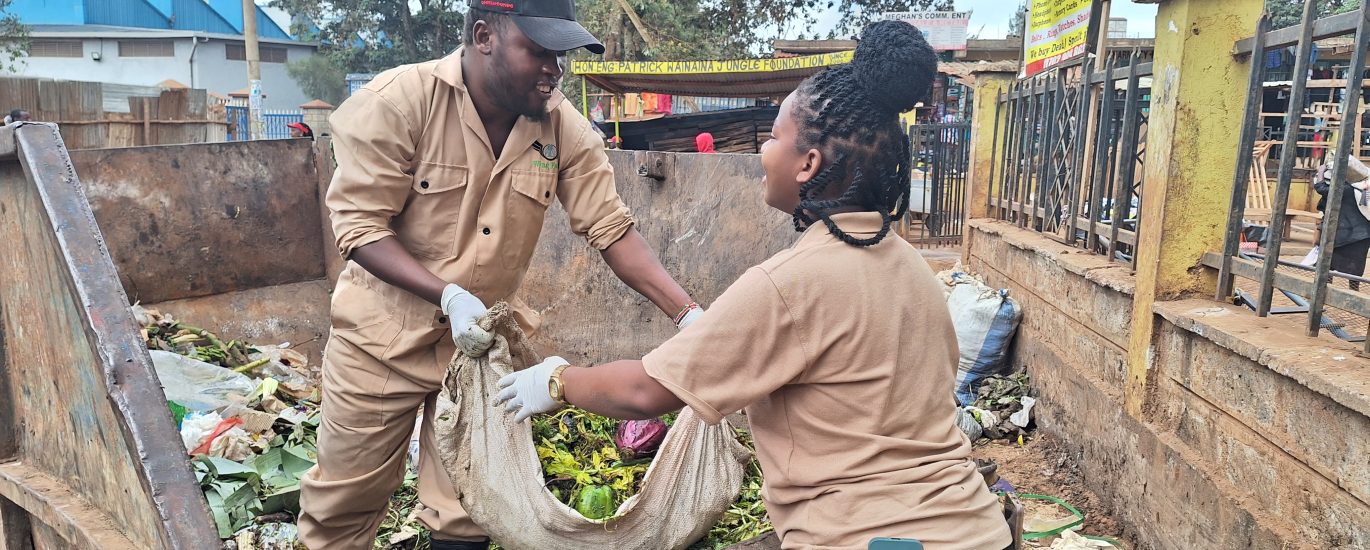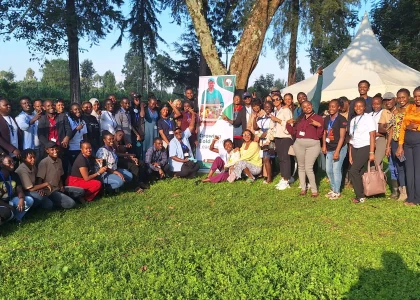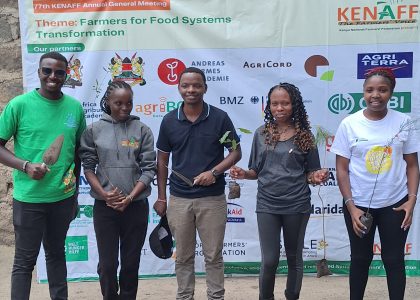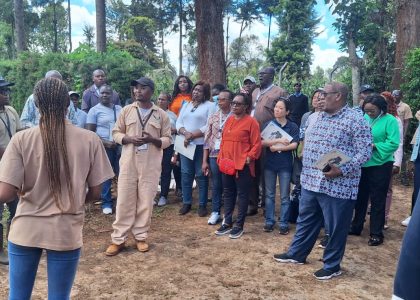Black Soldier Fly Farming in Kenya – In recent years the country has witnessed a surge in urbanization as people move to the capital Nairobi and other towns to seek employment. However, this migration has led to a massive increase in municipal waste generation. In Nairobi, it is estimated that 2400 tonnes of waste are produced each day, and 80% of this is municipal waste. Apart from the issue of municipal waste the population in the country continues to grow, and this has placed a strain on the agricultural sector due to pressure to produce more food to meet the growing demand. Black Soldier Fly Farming in Kenya has emerged as a groundbreaking innovative idea that can solve the two problems plaguing urban centers and population.
Tackling Municipal Waste
As highlighted, Kenya’s urban centers generate vast amounts of municipal waste daily, which strains the existing waste management systems and results in a highly polluted environment. Black Soldier Fly Farming offers a promising solution by utilizing organic waste as a valuable resource rather than viewing it as an unmanageable burden. These insects possess the unique capabilities to efficiently convert organic waste, such as kitchen scraps and agricultural residue into nutrient-rich larvae biomass. In other words, the insects can be regarded as active recycling agents.
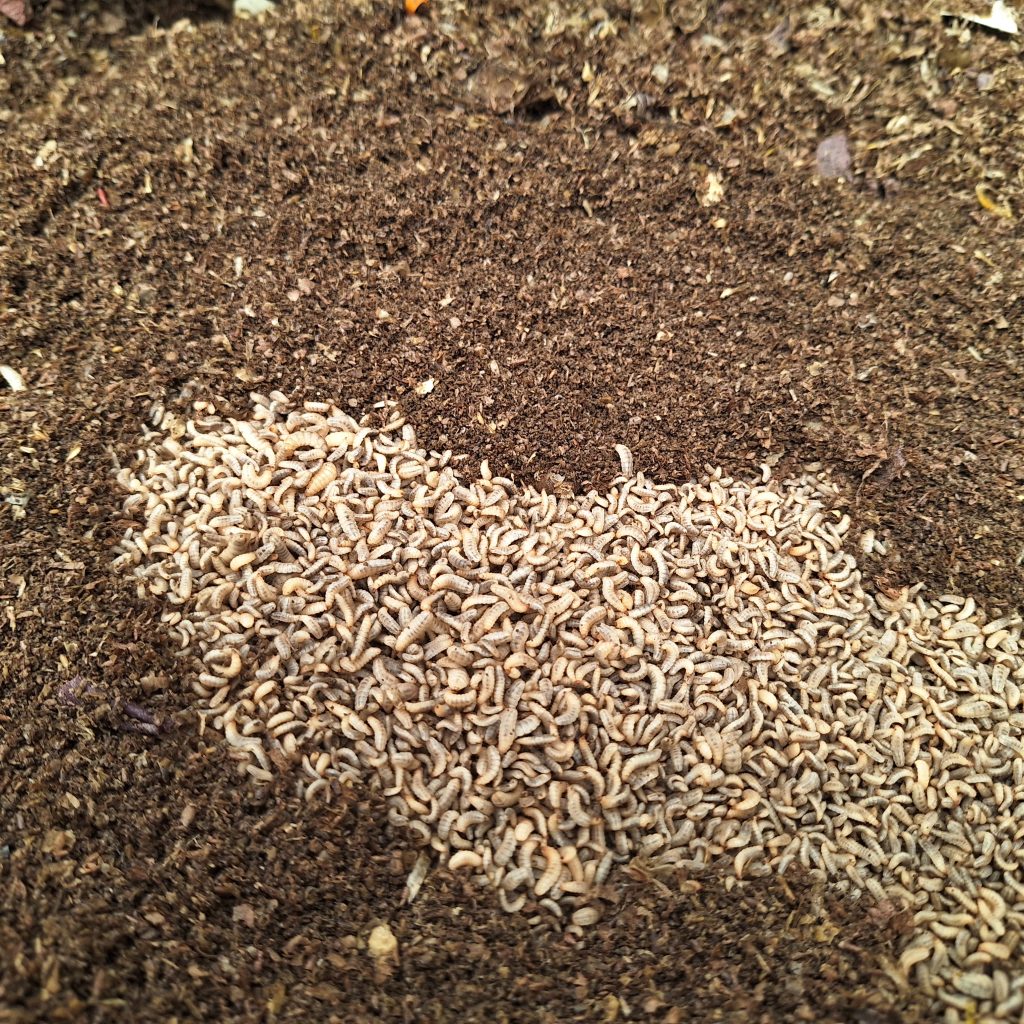
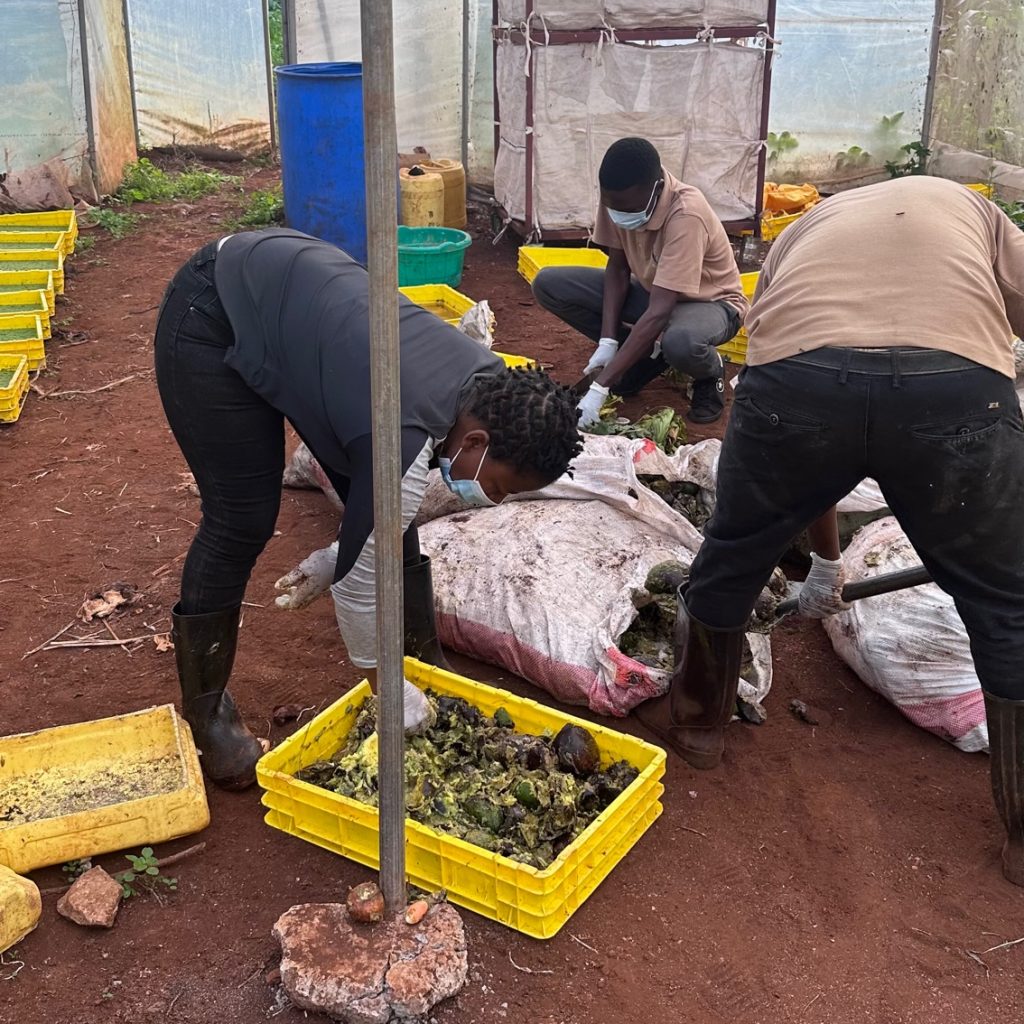
The use of the Black Soldier Flies to solve the issue of municipal waste offers some key benefits. One benefit is waste diversion as the insects in their larvae stage are veracious eaters and can consume large amounts of waste. According to DipTerra LLC, a single insect can consume approximately 0.2 Kg (0.44 lbs) per day and 73 Kg per year. Therefore, introducing these larvae in controlled environments such as composting facilities or specialized containers will help to break down the organic waste materials. In addition, the insect’s ability to precipitate rapid decomposition means that they can be introduced in landfills and help turn the waste into nutrient-rich biomass, thus dealing with the issue of environmental pollution.
Boosting Food Production
In addition to the positive impact on waste management Black Soldier Fly farming has the potential to revolutionize the agricultural sector in Kenya. First, the insects have a high protein and fat content, making them an excellent source of livestock feed for animals such as pigs and poultry. Therefore, incorporating them into the feed composition can help to supplement traditional protein sources such as fishmeal and soybean, thus reducing reliance on expensive imports.
By providing a sustainable source of protein, the black fly insects contribute to the growth and development of quality livestock products such as meat and eggs that directly affect the country’s food sustainability. For instance, aquaculture farming in Kenya plays a key role in meeting the country’s existing fish demands. Nonetheless, the high cost of fish feed has discouraged farmers in the country from adopting this venture since they feel it will not be profitable. Black soldier fly farming provides a chance to change this situation as the insects can feed, meaning farmers can design a cost-effective plan to increase fish production.
The residue produced after extracting the larvae can be processed into organic fertilizer (Frass fertilizer), which contain essential nutrients beneficial for plant growth and can improve soil fertility. Rearing Black Soldier Fly insects offer farmers the option of moving away from harmful chemical fertilizers. In addition, organic fertilizers have the potential to enhance food production and foster agricultural sustainability.
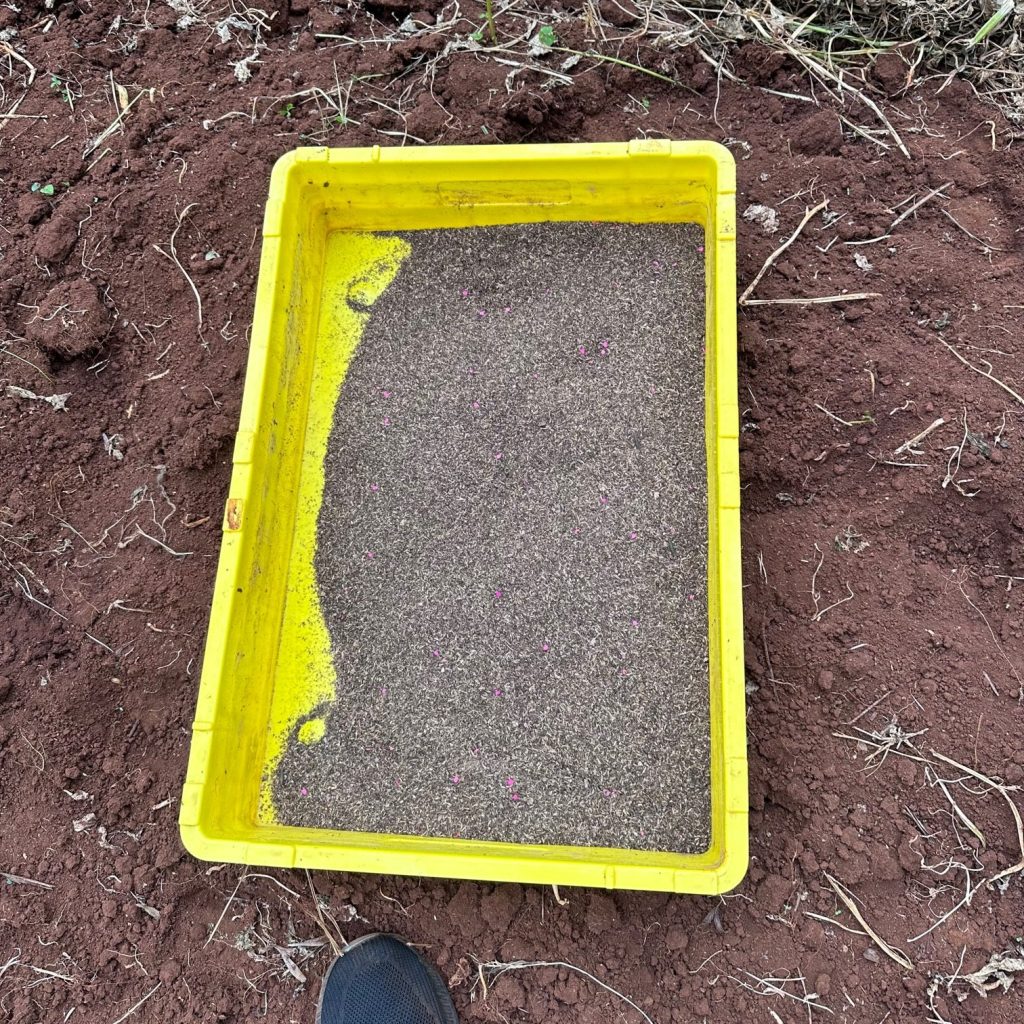
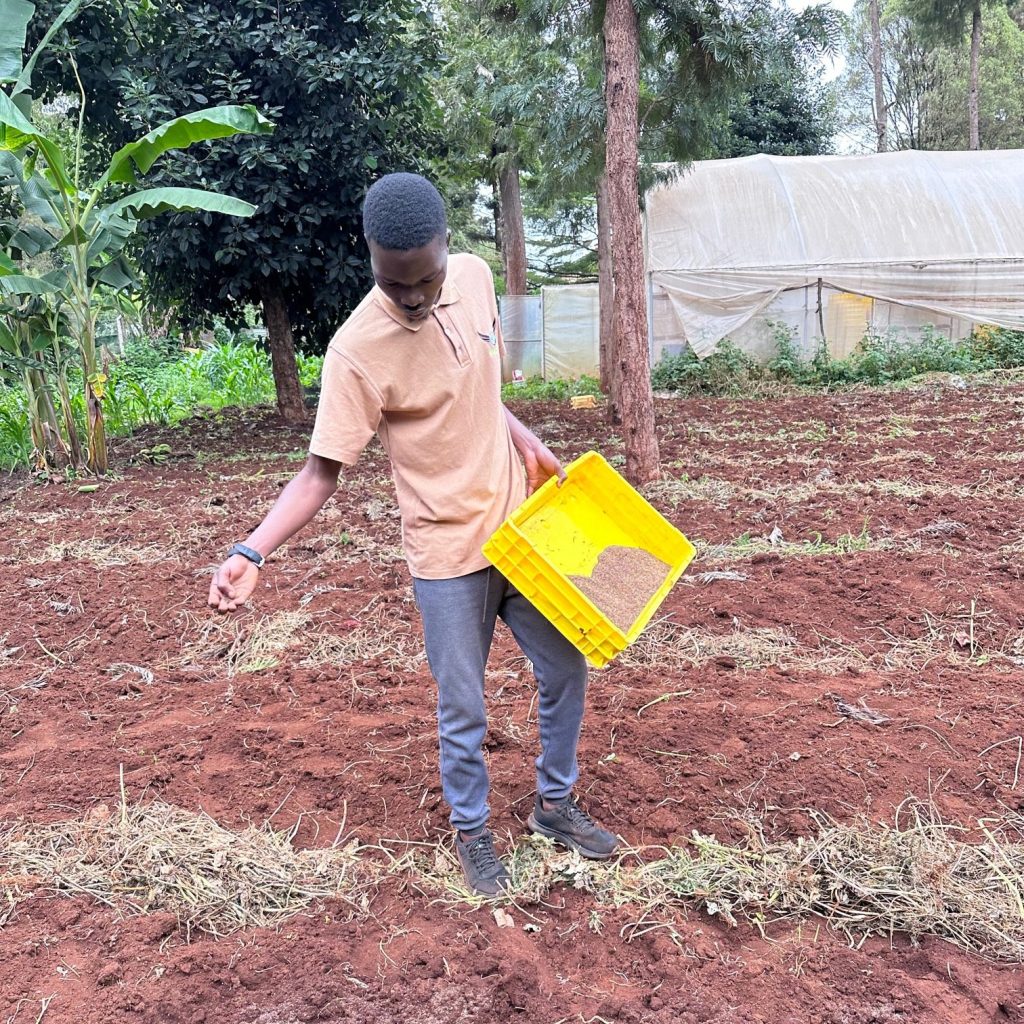
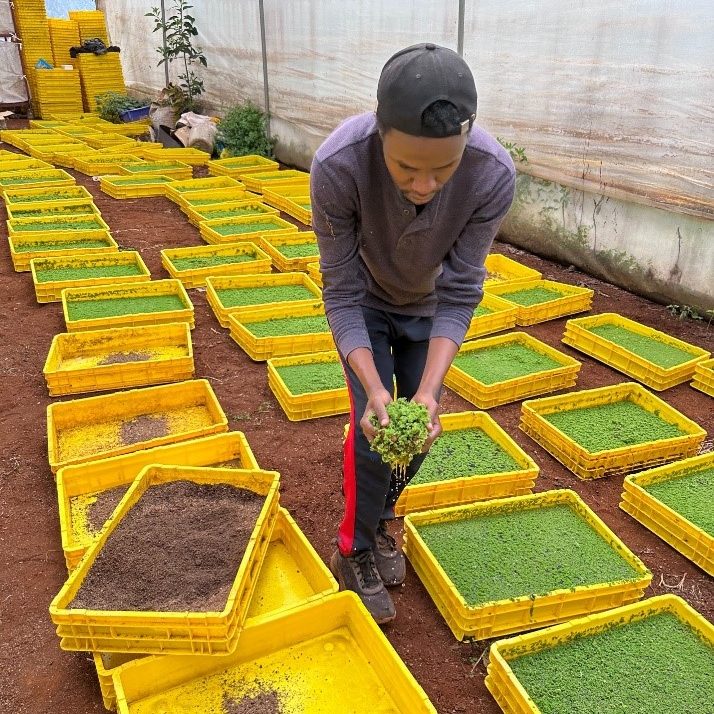
All in all, there is an opportunity to develop a cycle that will benefit all parties involved. Effective municipal waste collection will ensure that black soldier flies have a consistent food source. Therefore, the urban centers will remain environmentally friendly while also receiving a constant supply of food due to the immense benefits that Black Soldier Fly Farming has on the agricultural front, particularly enhancing productivity. Developing a system that works in conjunction with one another will influence the success of this venture.
WingFarm comprises young, tech-savvy individuals passionate about organic farming and constantly looking for new and innovative ways to facilitate agricultural sustainability. Up-to-date, we have helped 20 farms around the country to venture into Black Soldier Fly farming. At the moment, there is an opportunity for Kenyan farmers to embrace new and innovative farming techniques that have the potential to make them self-reliant and increase productivity. Therefore, WingFarm has decided to join the growing number of companies offering farmers training on Black Soldier Fly farming. Adopting new modern farming technologies is the future of food sustainability in the country. Also checkout Black Soldier Fly Farming Farmers Guide.


